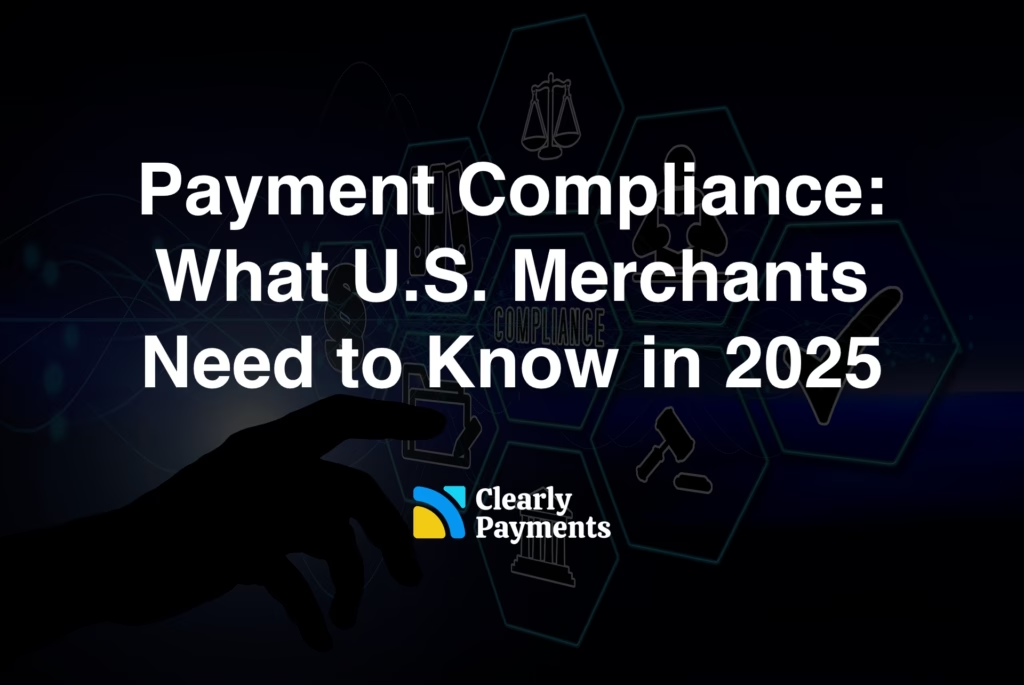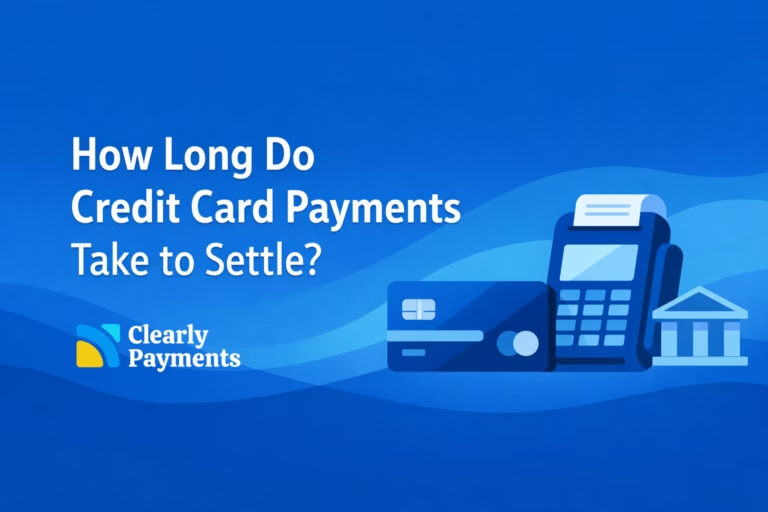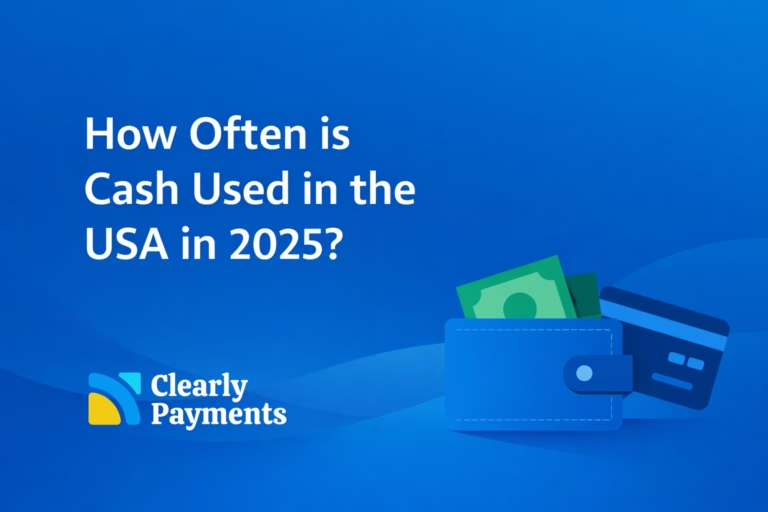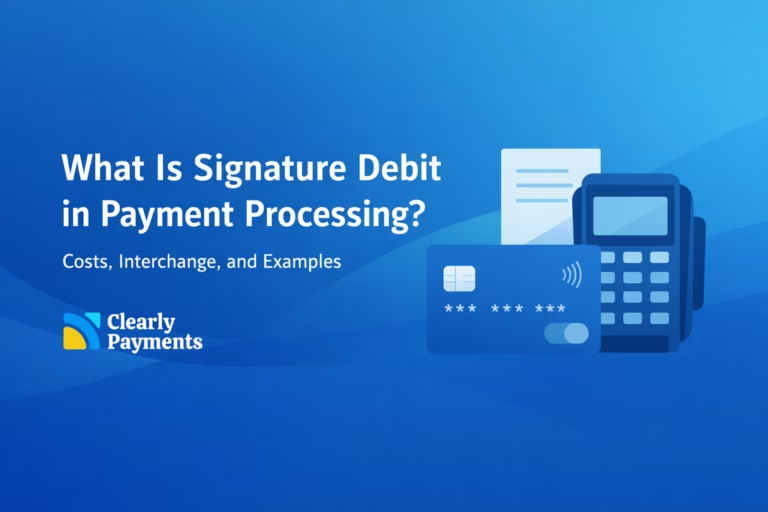In payments, staying compliant isn’t optional; it’s a core part of running a sustainable business. For U.S. merchants, the rules around payment security, fraud prevention, and data privacy are evolving faster than ever, driven by new regulations, advanced cyber threats, and changing consumer expectations. Compliance isn’t just about avoiding fines; it’s about protecting your revenue, your reputation, and your customers.
Key U.S.A. payment compliance facts in 2025:
68% of U.S. merchants have faced at least one payment-related compliance challenge in the past two years.
$4.45 million is the average cost of a data breach for U.S. companies.
$5,000 to $100,000 per month is the typical PCI DSS non-compliance fine, depending on the processor and card brand.
43% of small businesses that experience a data breach close within six months (U.S. National Cyber Security Alliance).
Over 80% of global payment fraud losses come from card-not-present transactions.
57% of merchants expect new state privacy laws to force major changes in payment data handling.
This article will walk you through the key aspects of payment compliance in the United States, from understanding regulatory requirements to implementing best practices that keep your business ahead of the curve.
Why Payment Compliance Matters in the U.S.
Payment compliance ensures merchants follow laws, regulations, and industry standards designed to protect sensitive data, prevent financial crimes, and maintain payment system integrity.
Failing to comply can lead to:
- Financial penalties ranging from thousands to millions of dollars.
- Loss of processing privileges, being added to the MATCH list can block you from opening merchant accounts.
- Data breaches, damaging brand trust, and triggering costly incident responses.
- Regulatory scrutiny, ongoing audits and operational restrictions.
The Core Areas of Payment Compliance
Knowing the rules is half the battle, knowing which apply to you is the other half. While every merchant’s compliance obligations vary by industry and state, here are the key federal and industry frameworks that shape payment compliance in the U.S.:
PCI DSS (Payment Card Industry Data Security Standard) — PCI DSS is an industry standard for handling cardholder data, required by card networks like Visa and Mastercard.
AML / KYC (Anti-Money Laundering & Know Your Customer) — AML and KYC are federal rules requiring businesses to verify identities and report suspicious transactions.
Bank Secrecy Act (BSA) — Establishes recordkeeping and reporting standards for financial transactions over certain thresholds.
Gramm-Leach-Bliley Act (GLBA) — Requires secure handling of sensitive customer data by financial institutions.
State Privacy Laws — The California Consumer Privacy Act (CCPA) and its amendment CPRA now influence privacy expectations nationwide. Other states like Colorado, Virginia, and Connecticut have passed similar acts.
Federal Trade Commission (FTC) Rules — Enforce fair business practices, especially in e-commerce and payment disclosures.
Fact: As of early 2025, 16 U.S. states have passed their own data privacy laws, and more than 10 others have pending legislation.
PCI DSS 4.0 and What’s New in 2025
PCI DSS 4.0, the latest version of the Payment Card Industry Data Security Standard, became fully enforceable in March 2025. It introduces new requirements such as:
Stronger multi-factor authentication for all access to cardholder data.
More granular logging and monitoring of systems.
Customized approaches for meeting certain requirements (with proper documentation).
Why it matters: Non-compliance can result in fines from card brands that range from $5,000 to $100,000 per month until the issues are fixed. For small businesses, a single data breach can be financially devastating; the average cost of a breach in the U.S. reached $9.48 million in 2024 (IBM).
AML & KYC: Fighting Fraud Before It Happens
Under the Bank Secrecy Act and related rules, merchants in certain industries must collect customer identification information and watch for suspicious activity. Even if you’re not legally required to perform full KYC checks, payment processors often enforce them to meet their own compliance obligations.
Key stats:
The U.S. Treasury’s Financial Crimes Enforcement Network (FinCEN) reported over 3.6 million Suspicious Activity Reports (SARs) filed in 2024.
Payment fraud losses in the U.S. are projected to hit $12.5 billion in 2025.
Tip: Work with a payment processor that offers built-in KYC and transaction monitoring tools to reduce your own compliance burden.
Privacy Compliance: Rise of State-Level Rules
California led the way with the CCPA and CPRA, giving consumers rights over their personal data, including payment information. But now, states like Virginia (VCDPA), Colorado (CPA), and Utah (UCPA) have joined in, each with slightly different rules.
Impact on merchants:
You may need to update privacy policies for customers in different states.
“Do Not Sell My Data” links or similar opt-outs could be required.
You must provide detailed disclosures on data collection and sharing.
Stat: By the end of 2025, it’s expected that over half of U.S. states will have their own privacy laws in place.
The Role of Payment Processors in Compliance
Payment processors are more than just the middlemen who handle card transactions. They are gatekeepers of trust and compliance in the payments ecosystem. In 2025, processors are expected to do far more than move money; they must actively help merchants meet legal requirements, detect fraud, and maintain security in an increasingly complex regulatory environment.
For U.S. merchants, a payment processor’s role can directly impact whether you stay compliant or face costly penalties. Many regulatory bodies, including the Federal Trade Commission (FTC), Consumer Financial Protection Bureau (CFPB), and Financial Crimes Enforcement Network (FinCEN), hold both merchants and their payment partners responsible for violations.
Here’s how processors protect merchants in practice:
Automated Fraud Detection & Transaction Monitoring: Leading processors use AI-driven monitoring systems that flag suspicious activities in real-time. For example, they can identify sudden spikes in high-ticket transactions or unusual cross-border payments; potential red flags for money laundering or account takeover.
PCI DSS Compliance Tools & Support: Instead of leaving merchants to figure out security requirements on their own, many processors provide PCI Self-Assessment Questionnaires (SAQs), vulnerability scanning tools, and tokenization services that reduce the scope of sensitive data handling.
Chargeback Management & Dispute Resolution: Disputes are not just a customer service issue, high chargeback ratios can trigger card brand monitoring programs like the Visa Chargeback Monitoring Program (VCMP). A good processor will help merchants stay under these thresholds and provide documentation guidance to win disputes.
Regulatory Alerts & Industry Updates: Regulations shift constantly. For example, the rise of state-specific privacy laws like the California Consumer Privacy Act (CCPA) and Virginia Consumer Data Protection Act (VCDPA) means merchants need timely updates. Some processors offer newsletters or dashboards that summarize regulatory changes in plain English.
High-Risk Merchant Oversight: For merchants in sectors like nutraceuticals, travel, or subscription services, processors often perform enhanced due diligence — verifying product claims, marketing practices, and refund policies to avoid reputational and legal risks.




